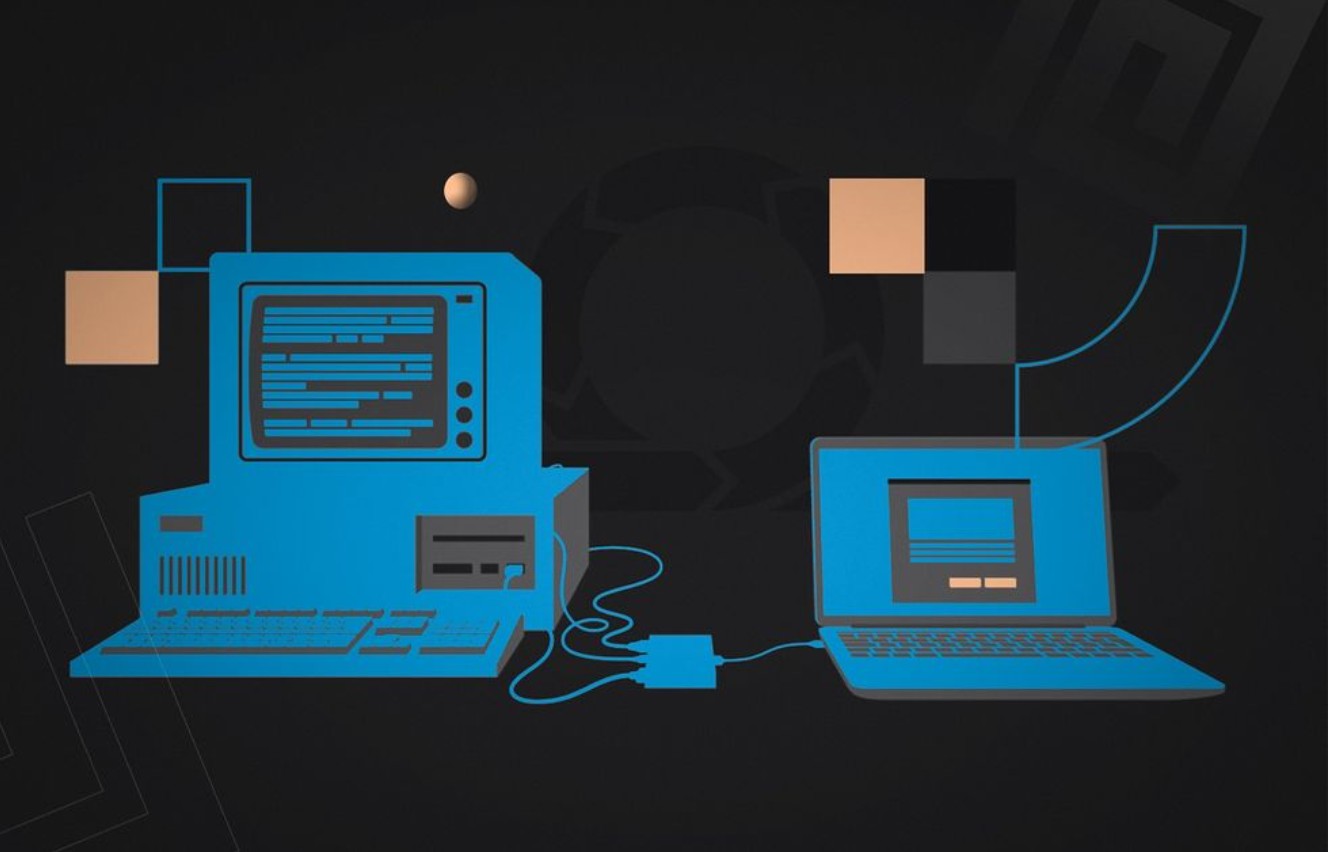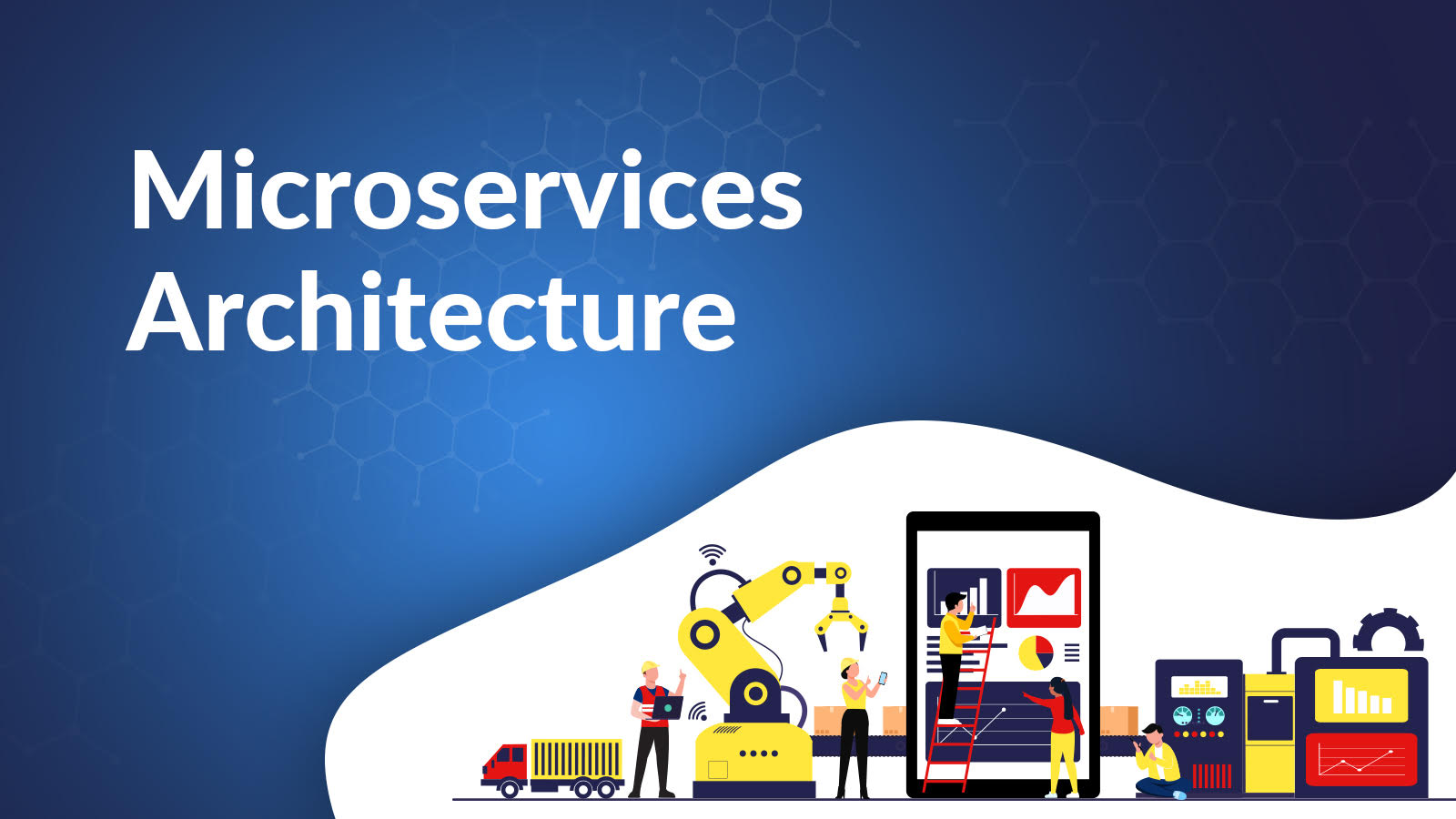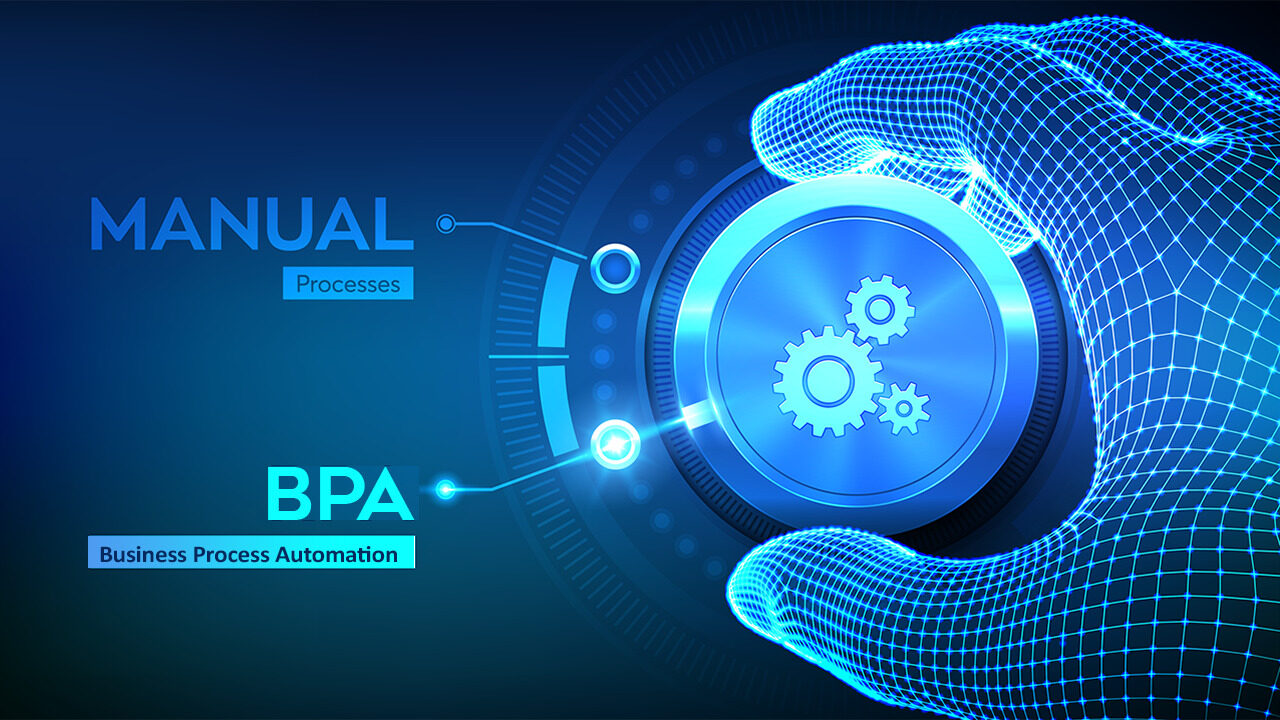Building a Strong Foundation for Monitoring Monitoring Spagic integrations is not just about detecting problems when they happen. It’s about creating a smooth and reliable environment where integrations work as expected. When systems work together across different platforms, a small failure in one place can ripple out and cause bigger problems elsewhere. That’s why planning […]
Continue ReadingUsing Postal Code Data for Geo Integration in Spagic
Harnessing the Power of Geo-Targeted Integrations in Spagic Location-based automation is becoming a cornerstone of modern business processes, enabling companies to optimize services, improve efficiency, and deliver region-specific solutions. With the rise of digital transformation, organizations now rely on integration platforms like Spagic to streamline their operations and automate complex workflows. One of the most […]
Continue ReadingMigrating Legacy Systems to Spagic
A Path to Modernization Businesses relying on outdated systems often struggle with inefficiencies, security risks, and integration challenges. As technology advances, maintaining legacy software becomes increasingly costly and complex. Migrating to Spagic, an open-source integration framework, offers a structured approach to modernization, enabling organizations to automate workflows, enhance interoperability, and improve scalability. A successful migration […]
Continue ReadingSpagic in a Microservices Architecture
Optimizing Microservices with Spagic for Seamless Integration Modern applications demand scalable, flexible, and efficient architectures that can handle complex workflows. Microservices have become the preferred approach for building distributed systems, allowing services to function independently while communicating seamlessly. Integrating Spagic within a microservices framework brings structure and coordination to business processes, enabling smooth interactions between […]
Continue ReadingImpact of Spagic on Business Process Automation
Transforming Business Process Automation with Spagic Businesses constantly seek ways to improve efficiency, reduce manual work, and maintain consistency in their workflows. Automation plays a crucial role in streamlining operations, and Spagic has emerged as a powerful solution for integrating and automating business processes. With its open-source middleware framework, Spagic simplifies communication between applications, enabling […]
Continue ReadingIntegrating Spagic with Message Queues
Seamless System Communication Modern enterprises rely on smooth and efficient data exchange between applications, especially when handling large-scale operations. Message queues provide a structured way to facilitate asynchronous communication, ensuring that information flows between different components without delays or interruptions. Spagic, an open-source integration framework, plays a crucial role in connecting applications, automating workflows, and […]
Continue ReadingStreamlining Data Migration with Spagic
Data Transfers with Spagic Data migration is a critical process for businesses looking to modernize their systems, consolidate information, or transition to more efficient platforms. Whether upgrading legacy infrastructure, moving to cloud-based solutions, or integrating multiple databases, ensuring a smooth transfer is essential. Spagic, an open-source integration framework, provides a structured approach to managing data […]
Continue ReadingDebugging Techniques for Spagic Workflows
Refining Spagic for Seamless Integration Efficient workflow execution is key to any middleware solution, and Spagic provides a powerful integration framework to streamline business processes. However, even the most well-structured workflows can encounter errors, misconfigurations, or unexpected behavior. Debugging these issues effectively ensures smooth operations, reduces downtime, and optimizes system performance. Spagic’s modular approach allows […]
Continue ReadingSynchronizing Global Time APIs for Middleware Scheduling
Achieving Precision in Middleware Scheduling with Global Time APIs In a world where systems operate across different time zones, maintaining precise synchronization is essential for middleware scheduling. Whether handling transaction logs, coordinating cloud services, or ensuring seamless data exchanges, time discrepancies can lead to failures, inefficiencies, and security risks. Organizations that rely on global operations […]
Continue ReadingMiddleware Architecture in Spagic
Understanding Spagic Middleware Architecture Modern enterprise applications require seamless communication between different systems, services, and data sources. Middleware solutions act as a bridge, allowing these components to work together efficiently. Spagic, an open-source middleware platform, offers a flexible and scalable architecture designed to support complex integrations across business environments. Understanding its middleware architecture helps organizations […]
Continue Reading








